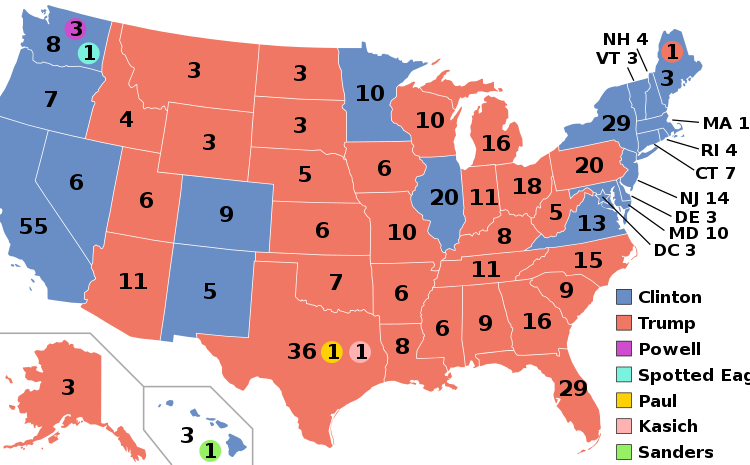Ruling could have broader implications for executive-branch bodies
- Supreme Court to consider case on SEC’s use of in-house courts
- Critics argue that defendants are denied their right to a jury trial
- Ruling could impact other executive-branch bodies with similar courts
The Supreme Court is set to hear a case that could have significant implications for the Securities and Exchange Commission’s (SEC) use of its special in-house courts. Critics argue that these courts deny defendants, including those accused of fraud, their right to a jury trial. The case raises questions about the independence of administrative law judges who preside over these courts, as they are appointed by the same commissioners who authorize the enforcement cases they hear. A ruling in favor of the defendants could limit the SEC’s ability to use its in-house courts and may also impact other executive-branch bodies with similar court systems.
Factuality Level: 7
Factuality Justification: The article provides information about the Supreme Court considering a case that could limit the SEC’s use of its special in-house courts. It mentions the criticism of these courts for robbing defendants of their right to a jury trial. The article also mentions that administrative law judges, who preside in the in-house courts, are appointed by the same commissioners who authorize the enforcement cases they hear. However, the article lacks specific examples or evidence to support the claims made by the critics.
Noise Level: 7
Noise Justification: The article provides some relevant information about the Supreme Court considering a case that could limit the SEC’s use of its special in-house courts. However, it lacks in-depth analysis, evidence, and actionable insights. It also does not explore the consequences of the SEC’s actions on those who bear the risks. The article stays on topic but does not provide a comprehensive understanding of the issue.
Financial Relevance: Yes
Financial Markets Impacted: The article pertains to the Securities and Exchange Commission (SEC), which is a financial regulatory agency. It discusses a case that could potentially limit the SEC’s use of its special in-house courts to punish wrongdoers. This could have implications for how the SEC enforces regulations and penalizes financial misconduct.
Presence Of Extreme Event: No
Nature Of Extreme Event: No
Impact Rating Of The Extreme Event: No
Rating Justification: The article focuses on a legal case involving the SEC’s use of its special in-house courts, which does not involve an extreme event.
Public Companies: U.S. Securities and Exchange Commission (N/A)
Key People:
 www.wsj.com
www.wsj.com  www.barrons.com
www.barrons.com  www.marketwatch.com
www.marketwatch.com 





